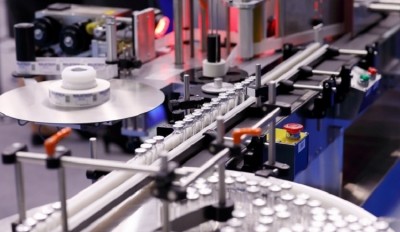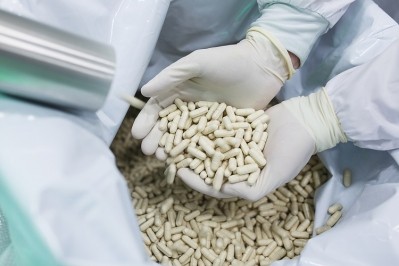DARPA selects continuous manufacturing partner

The COVID-19 pandemic has led to significant caps in the pharmaceutical supply chain for numerous critical drug products, including drugs in high demand for critical patients being attended to in intensive care units. As the pandemic continues, and vaccines and treatments for the virus itself emerge, pharma professionals fear supply-chain challenges may worsen in coming months.
To that end, the Defense Advanced Research Project Agency (DARPA) has tapped Continuity Pharma to help in development of continuous manufacturing technology for pharmaceutical industry applications. The company has been awarded a $1.5m grant for the work.
DARPA has put forth a competitive review process, with the goal of awarding grant money to companies that offer the ability to develop advanced manufacturing technologies. Continuity Pharma reportedly is focused on applying novel continuous manufacturing methods to help reshore generic drug products to the US market, emphasizing drugs in short supply.
David Thompson, co-founder and chief scientific officer of Continuity Pharma, said avoiding interruption to critical medications is a vital task.
“We are thrilled to be selected by DARPA to further our development efforts,” said Thompson. “We are one step closer to ensuring the availability of essential medicines to patients in need; it is an exciting time for Continuity Pharma.”
The grant covers development funding over the course of the next 24 months, with additional funding for commercialization in the following year. Areas of focus include capabilities manufacturing of multiple active pharmaceutical ingredients (APIs) in its Integrated Continuous Manufacturing System (ICMS), with demonstrated efficiencies for rapid changeover and manufacturing efficiencies.
DARPA is an agency centered on making investments in potential breakthrough technologies with the potential to impact US national security. Its mission dates back to 1957 and the Russians’ launch of the Sputnik satellite, which motivated national leaders to work toward being leaders, not followers, in future scientific developments.

















